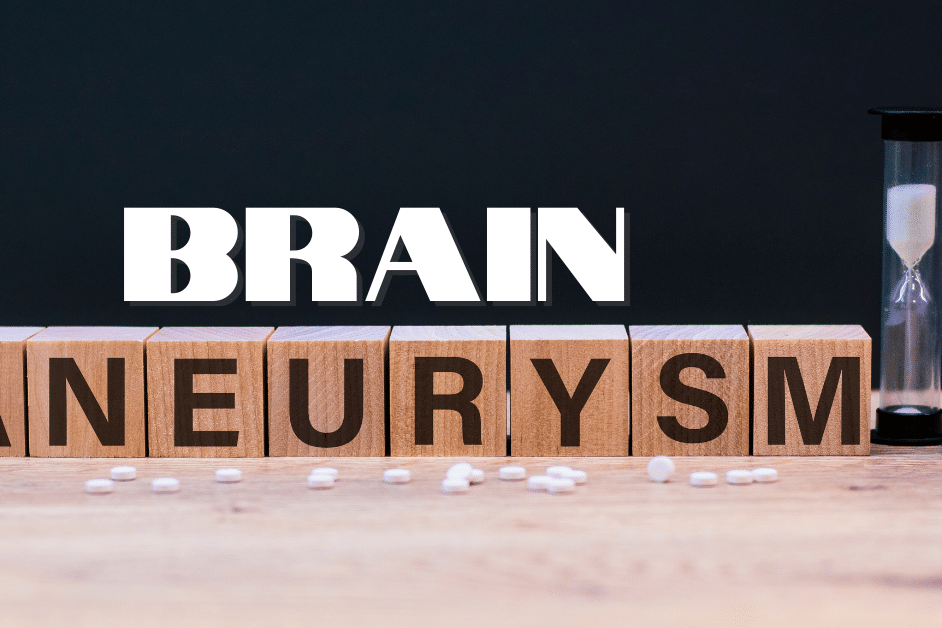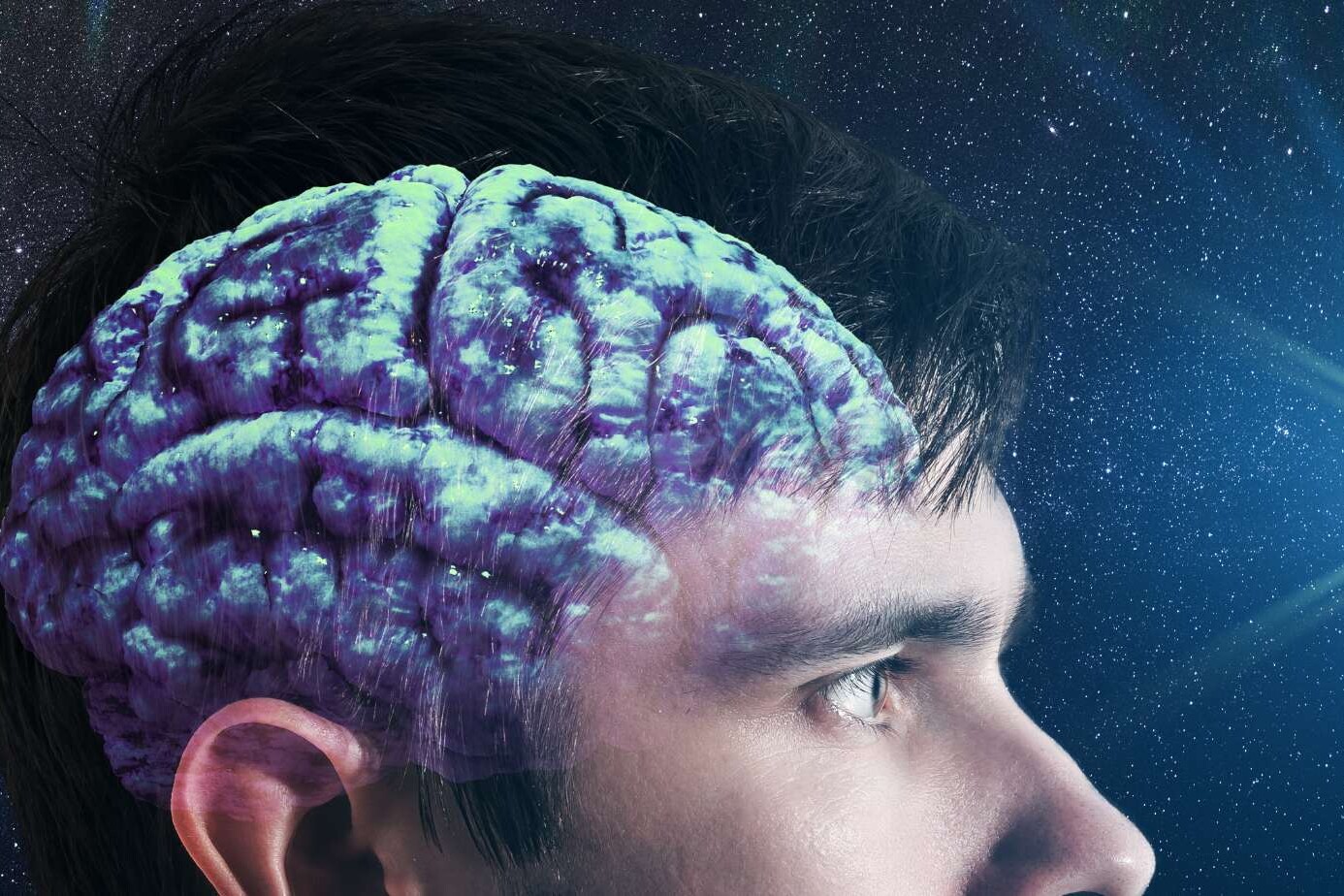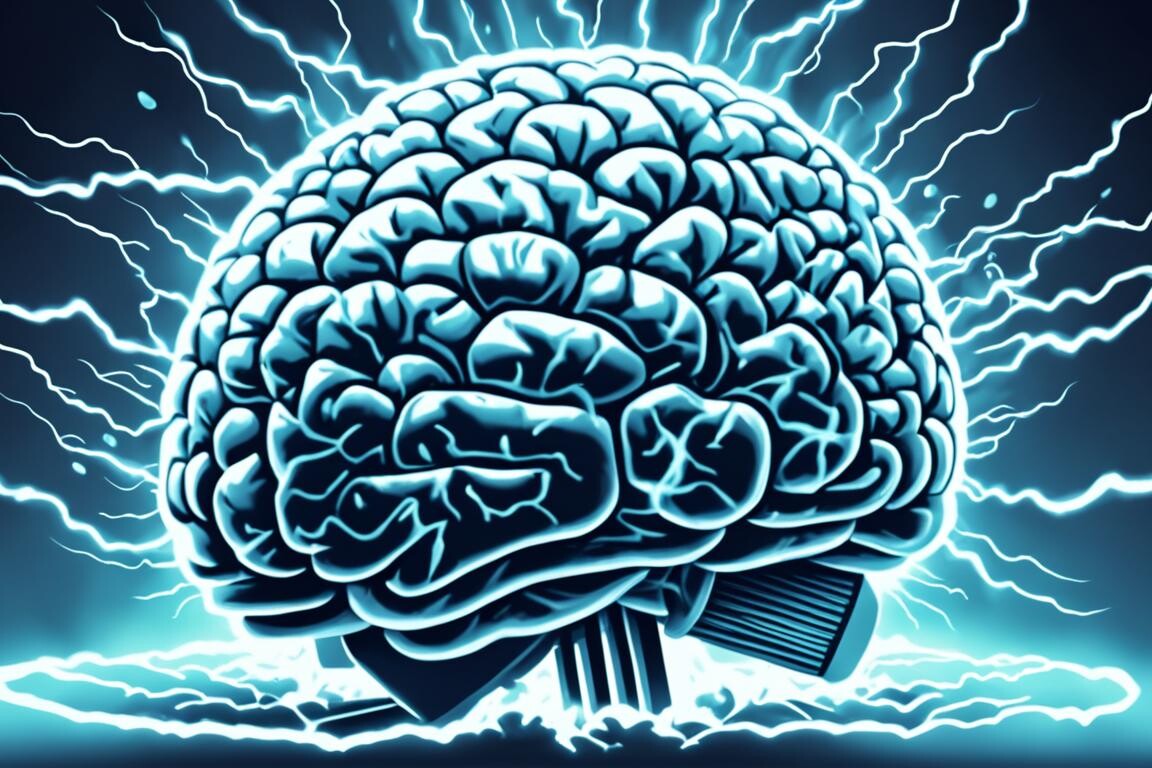Have you ever seen someone collapse, shake uncontrollably, and yet doctors say, “It’s not epilepsy”? It confuses patients, scares families, and leaves many without answers. These episodes look like seizures but are something entirely different. They are called psychogenic seizures, and they’re often misunderstood.
If you’ve ever wondered why your tests come back normal despite intense seizure-like episodes, you’re not alone. Many people live with psychogenic seizures and still don’t know what causes them or how to find relief.
In this blog, we will break down what psychogenic seizures really are, why they happen, how they differ from epilepsy, and how they can be treated with the right approach.
Table of Contents
ToggleWhat are Psychogenic Seizures?
Seizures involve abrupt bursts of electrical activity in the brain, resulting in vigorous jerking movements of the body and extremities. During a seizure, the eyes may turn to one side or roll upwards, and other common manifestations include frothing from the mouth, biting of the tongue, and, in some cases, the involuntary passing of urine or stools. Following a seizure, individuals often experience exhaustion that may persist for several hours.
Psychogenic seizures, previously referred to as pseudoseizures or non-epileptic seizures, share physical similarities with epileptic seizures but do not stem from abnormal excessive synchronous cortical activity, which is the defining feature of epileptic seizures. Presently, these are termed psychogenic non-epileptic seizures (PNES).
Distinguishing between epileptic and non-epileptic seizures based solely on visual observation is often challenging. Neurologists generally rely on an electroencephalogram (EEG) to confirm the diagnosis. Unfortunately, due to the stigma surrounding epilepsy and mental health conditions, these seizures frequently go undiagnosed for prolonged periods.
Difference Between Psychogenic and Epileptic Seizures
Many people confuse psychogenic seizures with epileptic ones, but there are key differences:
| Feature | Psychogenic Seizures | Epileptic Seizures |
|---|---|---|
| EEG Results | Normal | Abnormal during seizure |
| Duration | Longer (often >2 minutes) | Shorter (usually 1-2 minutes) |
| Body Movements | Side-to-side head or pelvic thrusts | Rhythmic jerking or stiffening |
| Response to Stimuli | May respond | Typically unresponsive |
| Post-Seizure Confusion (Postictal) | Rare or absent | Common |
| Triggers | Emotional stress, trauma | Sleep deprivation, flashing lights |
These signs help doctors spot non-epileptic seizures, and begin the right treatment.
Why do psychogenic seizures occur?
The underlying cause is often associated with emotions and cognitive patterns. Patients experiencing pseudoseizures may not be conscious of their actions as these seizures occur involuntarily. This presentation is termed “conversion disorder.” In certain instances, a history of physical or sexual abuse, as well as mental trauma, can be identified. A lot of patients tend to be associated with the healthcare industry and may have an account of depression, anxiety, and PTSD.
To comprehend psychogenic seizures, it’s essential to recognize the intricate connection between our minds and bodies. The connection between our emotions, thoughts, and experiences plays a significant role in our physical health. This mind-body connection lies at the heart of psychogenic seizures.
When individuals face intense emotions or psychological distress, their brains might react by producing physical symptoms resembling epileptic seizures. These symptoms can be compelling and may include convulsions, loss of consciousness, and even foaming at the mouth.
Among individuals admitted to epilepsy monitoring units due to uncommon or refractory seizures, approximately 20% to 40% receive a diagnosis of psychogenic non-epileptic seizures (PNES) instead of epileptic seizures (1).
Symptoms of Psychogenic Seizures
Spotting the signs is the first step toward healing.
Physical Signs to Watch For
Unlike typical seizures, psychogenic seizures have different physical traits:
- Often last longer than epileptic ones.
- Involves side-to-side head or pelvic movements.
- Lack of confusion after the episode (no postictal state).
These symptoms help doctors decide what tests to run.
Emotional or Behavioral Red Flags
Since these seizures stem from emotional roots, signs may include:
- Crying or emotional outbursts during the episode.
- Amnesia or memory blackouts.
- Feelings of being “numb” or detached after episodes.
These clues point to behavioral seizures, not electrical ones.
Diagnosing Psychogenic Seizures
Distinguishing psychogenic seizures from epileptic seizures can be a challenging task, even for experienced neurologists. Several factors help us diagnose psychogenic seizures. Behaviors like pelvic thrusting, head nodding, fluctuating levels of consciousness, and tremulous movements in the abdominal or chest area are linked to pseudoseizures. In the majority of seizure instances, the eyes typically remain open. Tightly closed eyes or resisting eye opening during an event are suggestive of pseudo seizures.
Recording the events using a cellphone is beneficial. Reviewing these recordings later can provide valuable insights and aid in the diagnostic process.
Electroencephalogram (EEG)
The video electroencephalogram (EEG) monitoring, a crucial diagnostic tool for psychogenic seizures, involves continuous video recording while simultaneously monitoring brain activity through EEG. This enables the correlation of physical symptoms with brain activity, aiding in the distinction between psychogenic and epileptic seizures.
Psychological Assessment
Conducting a psychiatric evaluation can reveal hidden emotional and psychological factors contributing to seizures. Recognizing and addressing these factors are essential steps in effectively managing psychogenic seizures.
Differential Diagnosis
There are certain diseases that, although not psychogenic, can present like pseudoseizures or seizures. These include vertigo, syncope, complex partial seizures, and absence seizures.
Psychogenic Seizure Treatment and Management
Once a diagnosis is confirmed, the focus shifts to the treatment and management of psychogenic seizures. It is crucial to recognize that psychogenic seizures are not a deliberate choice by the individual; rather, they represent a manifestation of psychological distress. Therefore, an approach that is compassionate and holistic is essential.
Psychotherapy
Therapeutic approaches such as cognitive-behavioral therapy (CBT), dialectical-behavior therapy (DBT), and other forms of psychotherapy can prove highly effective in assisting individuals in coping with stress, anxiety, and emotional trauma that could be triggering their psychogenic seizures.
Medication
While psychogenic seizures are not treated with antiepileptic drugs, medications may be prescribed to manage coexisting psychological conditions like depression and anxiety.
Education
Education is a key factor in the effective management of psychogenic seizures. It is essential to provide patients and their families with information about the condition to minimize fear and diminish stigma.
Support
Encouraging a robust support system for the patient is crucial. Emotional support from friends and family is invaluable and can assist individuals in dealing with their condition.
Mind-Body Techniques
Practices like relaxation exercises, yoga, and meditation can aid individuals in stress management and potentially decrease the frequency of psychogenic seizures.
The Importance of Compassion
Approaching individuals experiencing psychogenic seizures with empathy and understanding is crucial. These individuals often grapple with intricate emotional issues, and their seizures serve as a coping mechanism. The initial step toward recovery involves fostering open communication and seeking professional assistance.
Breaking the Stigma
Stigma poses a notable obstacle for individuals with psychogenic seizures. Misunderstandings about the condition from friends, family, and even healthcare providers can result in feelings of shame and isolation. It is imperative to dismantle this stigma for the well-being of those affected.
Help and Hope from Dr. Chandril Chugh
If you or a loved one is struggling with psychogenic seizures, know that help is available.
Dr. Chandril Chugh, a US-trained, board-certified neurologist, is here to guide you. He specializes in seizure-like episodes, trauma-related neurological conditions, and offers expert care in diagnosis and treatment.
Book a consultation today to receive the right diagnosis and a treatment plan that fits your needs.
Conclusion
Psychogenic seizures are a part of a more extensive mind process and need to be tackled delicately. Individuals grappling with such a condition often face ridicule and stigma, exacerbating their isolation and worsening mental health issues. It is crucial for the neurologist to engage in empathetic discussions with the patient and their family to formulate a plan. These challenges can be effectively addressed through a conscientious and considerate approach.
FAQs
What are psychogenic seizures and how do they differ from epilepsy?
Psychogenic seizures are caused by emotional or psychological stress, not electrical disturbances in the brain like epilepsy. They may look similar to epileptic seizures but are different in origin. A video EEG helps tell them apart by checking brain signals during an episode.
Can psychogenic seizures be cured?
Psychogenic seizures can improve significantly with therapy. Cognitive Behavioral Therapy and trauma-focused treatments are especially effective. While not always “cured,” many people live with fewer or no episodes after proper care.
How long does it take to recover from PNES?
Recovery time varies from person to person. Research shows that 30–50% of individuals improve within one year of starting therapy. Starting treatment early often helps patients recover faster.
Are psychogenic seizures dangerous?
They are not physically harmful like some epileptic seizures, but they can affect daily life and mental health. These episodes should not be ignored, as they signal emotional distress that needs care.
Can stress really cause seizures?
Yes, extreme emotional stress or unresolved trauma can lead to seizure-like episodes. These are the body’s way of reacting to mental overload. They’re known as psychogenic or functional seizures.
What should I do if someone has a PNES episode?
Stay calm and keep the person safe. Avoid holding them down. Let the episode pass, then provide emotional support. Encourage them to seek medical help from a neurologist or psychologist.
How are psychogenic seizures treated?
Treatment involves psychological therapies like CBT and stress-reduction strategies. Medication is only used if there are other mental health conditions like anxiety or depression. Long-term support is key to improvement.
Is there a test to confirm psychogenic seizures?
Yes, a video EEG is the most accurate test. It monitors brain activity and physical behavior at the same time. If no abnormal brain waves appear during an episode, it supports the diagnosis of PNES.
References
About The Author

Medically reviewed by Dr. Chandril Chugh, MD, DM (Neurology)
Board-Certified Neurologist
Dr. Chandril Chugh is a U.S.-trained, board-certified neurologist with expertise in diagnosing and managing neurological disorders, including migraines, epilepsy, Parkinson’s disease, and movement disorders. His clinical focus includes evidence-based neurological care and patient education.
All content is reviewed for medical accuracy and aligned with current neurological guidelines.




